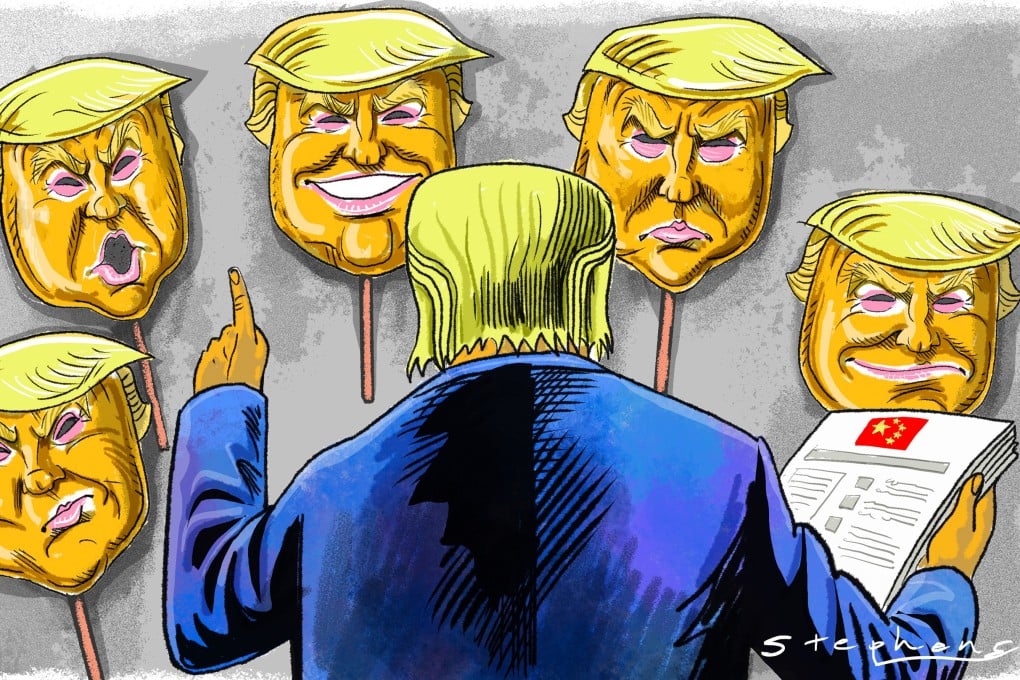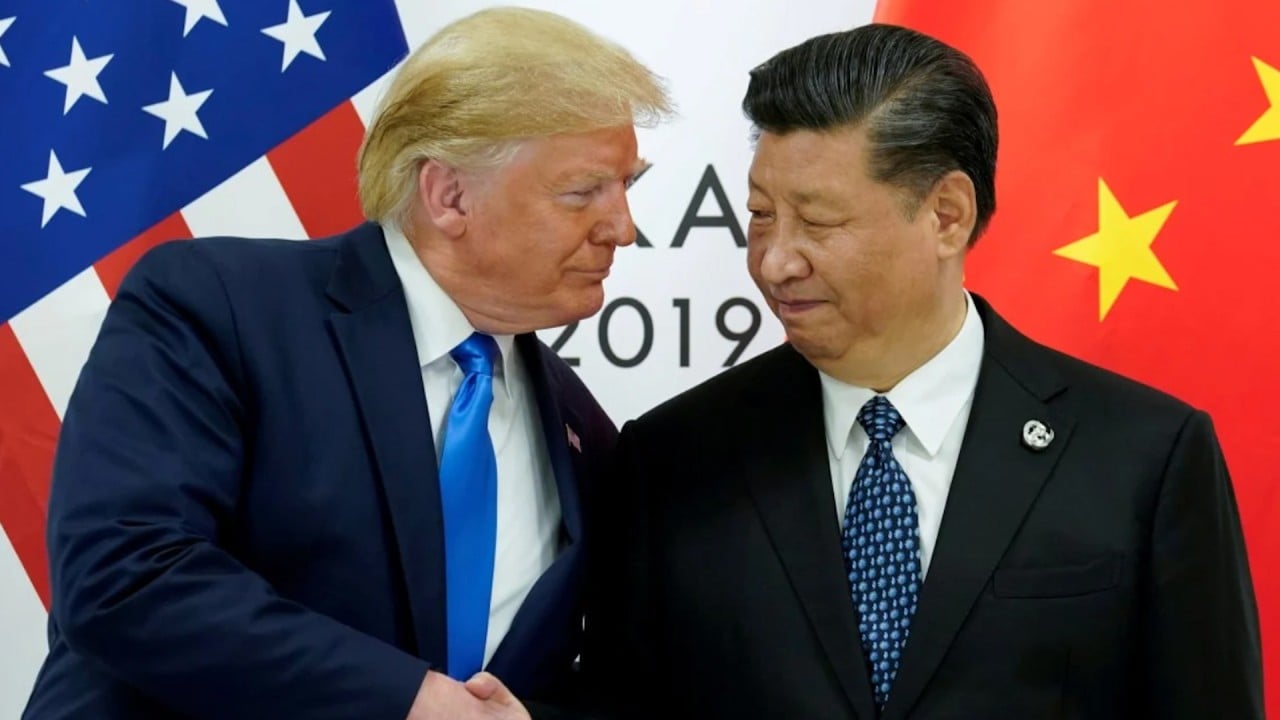Advertisement
Opinion | How China is preparing for Trump’s face-changing act
China and the rest of the world must get ready for a president who swings between being focused on making deals and someone who’s looking for confrontation
Reading Time:3 minutes
Why you can trust SCMP

The Chinese cultural performance of “face-changing” (bian lian), the theatre art of rapidly switching operatic masks to convey radically different feelings and characters by a single actor, is something to behold. US president-elect Donald Trump, whether by instinct or calculation, has been, and continues, practising this art against China and others.
Advertisement
Will Trump turn out to be the transactional businessman bent on making deals aimed at achieving principally economic gains and relief from America’s protracted wars? Or will he turn out to be a captive of what is shaping up to be a national security team still wedded to a Cold War framework in which Taiwan and other legacy issues loom large in its geopolitical and ideological thinking? Like the opera actor, he is likely to show both faces, possibly in rapid succession, confounding friends and enemies alike.
Chinese President Xi Jinping is preparing to confront both faces of Trump. As one senior Chinese official put it to me in late October: “We don’t care who the next [US president] is. We care about policy. Trump doesn’t like war, but he is surrounded by warriors. Can he control his China hawks? We have a safety belt on tariffs.”
Immediately before the recent US election, I went to China to speak to interlocutors I had known for decades in four cities, three in the Yangtze River valley as well as Beijing. My interlocutors uniformly were predisposed to see the Kamala Harris-Trump choice as “two cups of poison”. I got the sense that the foreign policy elite had a slight preference for dealing with Harris while being fully prepared to be presented by American voters with Trump as the victor.
A major concern they had about Harris was “whether it is possible for her to manage US-China relations”: “she is easily manipulated”. As to Trump, while some Chinese interlocutors could see certain advantages in the chaos they presumed a second Trump term would bring, there was a sober recognition that China and others would suffer great damage as well.
My interlocutors’ seeming marginal preference for Harris derived from their overwhelming desire for predictability from whoever would become the US president. A Harris constrained by congressional gridlock was preferable to an institutionally and politically unchecked Trump. The November 5 election has produced a very worrisome outcome for Beijing: Trump, probably with a docile Congress.
Advertisement

Advertisement

